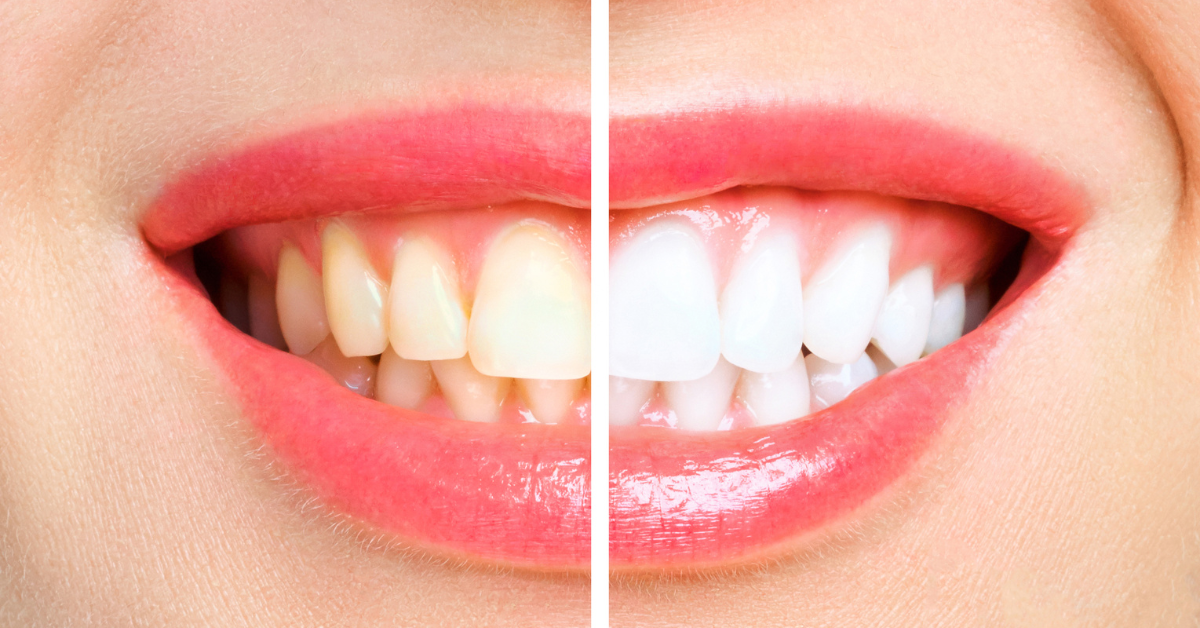Undergoing a dental extraction, whether it’s due to wisdom teeth removal or another dental procedure, can be an unsettling experience. Along with the discomfort and pain, you may also be wondering what you can safely eat to promote healing and avoid complications. Here’s a comprehensive guide to help you navigate your food choices during the post-extraction period.
The Initial 24-48 Hours: Soft and Cool Foods
Immediately following the extraction, your focus should be on soft, cool, and non-acidic foods that won’t irritate the extraction site. Here are some excellent options:
-
Yogurt: Yogurt is a protein-rich, soft food that provides essential nutrients for healing. Choose plain yogurt and add fresh fruits for added flavor and vitamins.
-
Applesauce: Applesauce is a smooth and easy-to-swallow food that provides fiber and vitamin C, both crucial for wound healing.
-
Mashed potatoes: Mashed potatoes are a bland and comforting food that is gentle on the gums. Avoid adding chunky ingredients like vegetables or gravy.
-
Smoothies: Smoothies are a convenient way to consume essential nutrients while reducing the need for chewing. Blend fruits, vegetables, yogurt, and milk or juice for a nutritious and refreshing meal.
-
Scrambled eggs: Scrambled eggs are a soft and protein-rich food that provides energy and aids in tissue repair. Avoid adding hard-to-chew ingredients like cheese or vegetables.
Days 3-5: Gradually Introducing More Textures
As the initial discomfort subsides, you can gradually introduce more textures to your diet. However, continue to avoid hard, spicy, or acidic foods that could irritate the extraction site. Here are some additional options to consider:
-
Soft-cooked pasta: Soft-cooked pasta is a gentle and easy-to-chew food that provides carbohydrates for energy.
-
Well-cooked rice: Well-cooked rice is another bland and easy-to-digest option that provides carbohydrates and energy.
-
Soft-cooked vegetables: Soft-cooked vegetables, such as carrots, zucchini, and spinach, provide essential vitamins and minerals for healing. Avoid raw or crunchy vegetables.
-
Soft fruits: Soft fruits, such as bananas, avocados, and berries, provide fiber and vitamins, but avoid acidic fruits like citrus.
-
Soft soups: Soft soups, such as tomato soup or cream of mushroom soup, are easy to consume and provide a variety of nutrients. Avoid soups with chunky vegetables or hard pasta pieces.
Foods to Avoid After Dental Extraction
While some foods may seem appealing, it’s crucial to avoid certain types that could hinder healing or cause complications at the extraction site. Here are some foods to steer clear of:
-
Hard foods: Hard foods, such as nuts, seeds, and hard candy, can put unnecessary pressure on the extraction site and cause pain or damage.
-
Spicy foods: Spicy foods can irritate the gums and delay healing.
-
Acidic foods: Acidic foods, such as citrus fruits, tomatoes, and vinegar, can also irritate the extraction site and slow down healing.
-
Sticky foods: Sticky foods, such as caramels, gummies, and sticky rice, can get stuck in the extraction site and increase the risk of infection.
-
Foods that require excessive chewing: Avoid foods that require a lot of chewing, such as tough meats, raw vegetables, and crunchy cereals, as they can put strain on the extraction site.
-
Hot beverages: Hot beverages can cause discomfort and increase blood flow to the extraction site, potentially leading to swelling or bleeding.
Additional Tips for Optimal Healing
Along with choosing the right foods, follow these additional tips to promote healing and prevent complications:
-
Maintain proper oral hygiene: Continue to brush and floss gently, avoiding the extraction site. Use a soft-bristled toothbrush and a mouthwash recommended by your dentist.
-
Avoid smoking and excessive alcohol consumption: Smoking and alcohol can hinder healing and increase the risk of infection.
-
Use ice packs to reduce swelling: Apply ice packs to the affected area for 20 minutes at a time, several times a day, to reduce swelling and pain.
-
Rest and avoid strenuous activities: Allow your body to rest and avoid strenuous activities that could cause excessive bleeding or discomfort.
-
Follow your dentist’s instructions carefully: Adhere strictly to your dentist’s instructions regarding post-extraction care, including any prescribed medications or dietary restrictions.
Conclusion
Undergoing a dental extraction can be a challenging experience, but with proper care and attention to your diet, you can promote healing, minimize discomfort, and avoid complications. By following these guidelines and consulting with your dentist, you can ensure a smooth and successful recovery. Please find the dental office near you in these locations: Attleboro, Chelmsford, Hyde Park, Jamaica Plain, Lynn, Manchester, Methuen, Roslindale, Taunton.




